$500.00 – $6,500.00
Name : Suzy and Areon
Breed : Cheetah Cub
Sex : 1 Female and 1 Male
Potty Trained : Yes
Health papers available : Yes
Birth certificate available
Cheetah Cubs For Sale: A Comprehensive Guide for Enthusiasts
Cheetahs cubs are the fastest land animals on Earth, renowned for their sleek, aerodynamic bodies and incredible speed. Their elegance and power have fascinated wildlife lovers for centuries, but it’s not just the adults that draw attention. Cheetah cubs, with their playful personalities and soft, spotted fur, are equally captivating. In this in-depth guide, we’ll explore everything you need to know about cheetah cub, including their early development, behavior, and where you might find cheetah cubs for sale. However, we will also discuss the serious considerations and responsibilities involved with the ownership of exotic animals like cheetahs.
The Beauty of Cheetah Cubs
Cheetah cubs are born with a characteristic soft, woolly coat of fur known as a “mantle.” This mantle, which runs from their heads down to the base of their tails, provides them with a level of camouflage in the wild, allowing them to blend into tall grasses and avoid predators. It also serves another function: to mimic the appearance of a honey badger, a notoriously aggressive animal, helping to protect them during their vulnerable early stages.
Cheetah cubs are also born with distinct dark spots on a light, tawny background that covers most of their bodies. These spots will remain with them as they grow into adulthood, making each cheetah’s coat pattern unique.
Growth Stages
Cheetah are born blind and completely dependent on their mother for survival. Weighing only 250 to 300 grams at birth (less than 1 pound), these tiny cubs start growing rapidly. By the time they are 6 months old, cheetah cubs will have shed much of their mantle and will begin to look more like miniature versions of their adult counterparts.
The early weeks of a cheetah cub life are critical. Cub typically stay hidden in tall grass or bushes, where their mother will move them frequently to avoid detection by predators. During this time, the mother is responsible for hunting and ensuring that her cubs have enough nourishment to thrive.
Playful Personalities
Like all young animals, baby cheetah cub are curious and playful. They begin to explore their surroundings, engaging in mock hunting behaviors that help develop the skills they’ll need to survive as adults. Through play, they learn how to stalk, chase, and pounce on prey. This period of play is vital for their motor skills and survival instincts.
By around 6 to 8 months of age, cheetah cub begin accompanying their mother on hunts. They won’t participate just yet, but they’ll observe and learn, soaking up essential skills they’ll need once they venture out on their own.
Cheetah Cubs for Sale: What to Consider
The idea of owning an exotic animal like a cheetah cub might seem exciting, but it comes with serious responsibilities. Before searching for baby cheetah cubs for sale, it’s crucial to understand the ethical, legal, and practical implications of owning such a rare and powerful animal.
Legal Considerations
Cheetahs are classified as a vulnerable species by the International Union for Conservation of Nature (IUCN). Because of their conservation status, the sale and ownership of cheetah cubs are heavily regulated by international and national laws. In many countries, owning a cheetah cub is illegal without special permits or licenses. The regulations are in place to prevent poaching, illegal wildlife trade, and to ensure that these animals receive proper care.
In the United States, owning a cheetah as a pet typically requires obtaining a license through the U.S. Department of Agriculture (USDA) and compliance with the Endangered Species Act. The cost and requirements of such permits can be prohibitive, and obtaining them involves rigorous inspections and documentation to ensure the well-being of the animals. The same applies to many other countries, where exotic animal ownership is subject to strict legal frameworks.
Ethical Considerations
Beyond legal restrictions, owning a cheetah cub raises ethical questions. Cheetahs are wild animals, not domesticated pets. In the wild, they roam vast territories, hunt live prey, and engage in complex social behaviors. Keeping a cheetah cub as a pet means confining it to an artificial environment, which can lead to stress, boredom, and health problems.
There’s also the issue of conservation. With fewer than 7,000 cheetahs left in the wild, their populations are under significant pressure from habitat loss, poaching, and human-wildlife conflict. Purchasing a cheetah cub could inadvertently support the illegal wildlife trade, further endangering these magnificent creatures.
Finding Reputable Sources
If you’re determined to find baby cheetah cubs for sale, it’s crucial to work with reputable breeders or conservation programs that prioritize the welfare of the animals. Accredited wildlife sanctuaries or reputable breeding programs that are part of conservation efforts might sometimes make cubs available, though these opportunities are rare and come with stringent requirements.
Many of these organizations will have extensive application processes to ensure that the cubs are going to a responsible and capable home. You’ll need to demonstrate that you have the facilities, resources, and expertise required to care for an exotic animal like a cheetah. If you’re serious about acquiring a cheetah cub, prepare to face significant scrutiny, as reputable organizations take the welfare of the animals very seriously.
Caring for Baby Cheetah Cubs
If you’re one of the few individuals legally and ethically permitted to own a cheetah cub, you’ll need to provide a specialized environment and care that meets their complex needs.
Habitat Requirements
Cheetahs are built for speed, so they require large, open spaces to run. In the wild, cheetahs can reach speeds of 60 to 70 mph in short bursts, and their enclosures should be designed with this in mind. Confining a cheetah cub to a small space can lead to stress, behavioral issues, and health problems.
Here’s what a suitable habitat would include:
1. *Space:* A cheetah cub requires a large enclosure that mimics its natural habitat. This space should include open areas for running and playing, as well as shaded areas for rest.
2. *Enrichment:* Cheetah cubs need mental and physical stimulation to thrive. Enrichment activities like mock hunts, toys, and obstacles that mimic prey can help keep them engaged and active.
3. *Climate Control:* Cheetahs are native to warmer climates, so their enclosure should be kept at a suitable temperature. If you live in an area with cold winters, you’ll need to provide climate-controlled shelter.
Diet and Nutrition
In the wild, cheetah cubs rely on their mothers for nourishment during the first few months of life. When hand-rearing a baby cheetah, it’s important to provide a diet that closely mimics what they would eat in the wild.
1. *Infant Diet:* For the first few months, baby cheetah cubs require a specialized milk formula designed for carnivores. After about 6 weeks, you can begin introducing small amounts of meat into their diet.
2. *Solid Food:* As they grow, cheetah cubs will transition to a diet primarily made up of lean meats. In the wild, cheetahs hunt and eat small antelopes, hares, and birds. In captivity, their diet can include chicken, rabbit, and other meats, with supplements to ensure they’re receiving all the necessary nutrients.
3. *Feeding Frequency:* Cheetah cubs need to eat multiple times a day. Once they transition to solid food, it’s important to provide them with meals at regular intervals to support their rapid growth.
Veterinary Care
Caring for a cheetah requires access to specialized veterinary care. Cheetahs are prone to certain health issues, and regular check-ups with a vet experienced in caring for exotic animals are essential.
1. *Vaccinations and Preventive Care:* Like any young animal, cheetah cubs need vaccinations to protect them from common diseases. Work with your vet to create a vaccination schedule.
2. *Parasite Control:* Regular deworming and parasite control are critical for cheetah cubs, especially if they’re spending time in outdoor enclosures.
3. *Health Monitoring:* Cheetahs are prone to specific health conditions, such as heart issues and respiratory problems. Regular monitoring of their health is essential to catch any potential problems early.
The Social and Behavioral Needs of Cheetah Cubs
Cheetah cubs are highly social animals, especially during their early months. In the wild, cheetah cubs rely heavily on their mother for protection, guidance, and learning. They also form bonds with their siblings, often staying together for over a year before becoming fully independent.
Bonding and Socialization
In captivity, it’s essential to meet the cub’s social needs. If you’re caring for a single cheatah cubs, you’ll need to provide extra attention and interaction to prevent loneliness and anxiety. Hand-reared cheetah cubs can form strong bonds with their caregivers, but it’s important to remember that these animals are not domesticated like dogs or cats. They retain their wild instincts and behaviors.
Conclusion
cheetah cubs for sale are undeniably adorable and fascinating, but caring for one is a monumental responsibility that goes far beyond what most people imagine. While the allure of owning a cheetah may be strong, it’s essential to consider the legal, ethical, and practical challenges involved in their care. If you’re searching for baby cheetah cubs for sale, ensure that your motivations align with conservation efforts and that you have the resources and expertise required to provide for these magnificent animals.
For most, supporting cheetah conservation efforts, rather than seeking to own a cheetah, is the most responsible way to enjoy and protect these magnificent animals.
For most, supporting cheetah conservation efforts, rather than seeking to own a cheetah, is the most responsible way to enjoy and protect these extraordinary creatures. There are several ways to engage with conservation efforts without owning a cheetah cubs for sale, and these alternatives allow you to make a real impact on the future of the species.
Supporting Cheetah Conservation Efforts
Given the cheetah’s vulnerable status, conservation is key to ensuring that future generations can continue to marvel at their beauty and grace. Here are several meaningful ways to contribute:
. Adopt a Cheetah Through Wildlife Organizations
Many wildlife organizations offer adoption programs that allow individuals to symbolically “adopt” a cheetah. These programs often provide photos and updates about your adopted animal and offer insight into the daily lives of cheetahs in the wild or in rehabilitation centers. The funds from such adoptions go directly toward conservation projects, helping to protect habitats, prevent poaching, and support breeding programs.
. Donate to Accredited Wildlife Conservation Programs
Donations to reputable wildlife organizations and cheetah conservation initiatives make a big difference in safeguarding these creatures. These donations help fund essential activities such as habitat preservation, anti-poaching efforts, and community education. Some well-known organizations that focus on cheetah conservation include the Cheetah Conservation Fund (CCF) and the African Wildlife Foundation (AWF).
Volunteer at Wildlife Sanctuaries
If you’re passionate about cheetahs and other exotic animals, consider volunteering at a wildlife sanctuary or conservation organization. Many organizations welcome volunteers to assist with various tasks, from educating the public to assisting in animal care. This hands-on experience can deepen your appreciation for these incredible animals and contribute to the larger conservation mission.
. Advocate for Legal Protection
Become an advocate for stronger wildlife protection laws, both locally and globally. By raising awareness about the plight of cheetahs and other endangered species, you can help generate support for legislation that protects their natural habitats and ensures stricter enforcement against illegal wildlife trade. Engaging in petitions, writing to lawmakers, or participating in awareness campaigns can make a substantial impact.
Final Thoughts: The Responsibility of Cheetah Cub Ownership
While the idea of having a baby cheetah cubs for sale as a companion may seem exotic and appealing, it is important to recognize the immense responsibility and challenges that come with it. From the legal complexities and ethical concerns to the practical needs of providing adequate care, cheetah cub ownership is not a decision to be taken lightly.
Cheetahs are wild animals with specific physical, social, and behavioral needs that cannot be fully met in a domestic setting. Even the best-equipped facilities struggle to replicate the natural environment in which cheetahs thrive. As a result, captivity can lead to stress and health issues for the animal, and the decision to keep a cheetah as a pet should be approached with the utmost caution.
If you’re interested in baby cheetah for, always prioritize the welfare of the animals and seek out reputable breeders or conservation programs that emphasize ethical treatment. However, for the vast majority of people, the most fulfilling and responsible way to engage with cheetahs is through supporting their conservation and preservation in the wild.cheetah cubs for sale
The future of cheetahs, like many other species, depends on our actions. By educating ourselves, making ethical choices, and supporting conservation efforts, we can help ensure that cheetahs continue to roam the savannahs for generations to come.
| sex | Female, Male |
|---|---|
| Purchase Option | 100% Payment, Reserve |
Be the first to review “Cheetah Cubs For Sale” Cancel reply
Related products
EXOTIC CUBS FOR SALE
EXOTIC CUBS FOR SALE
EXOTIC CUBS FOR SALE
EXOTIC CUBS FOR SALE
EXOTIC CUBS FOR SALE
EXOTIC CUBS FOR SALE
EXOTIC CUBS FOR SALE
EXOTIC CUBS FOR SALE

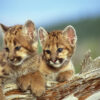

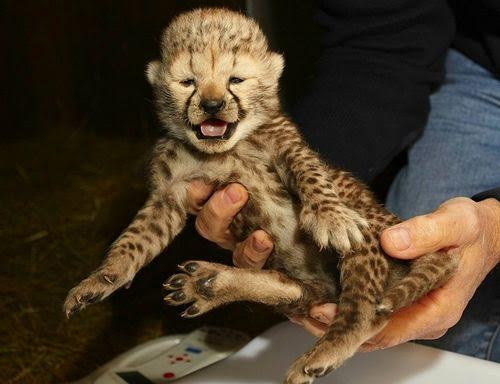
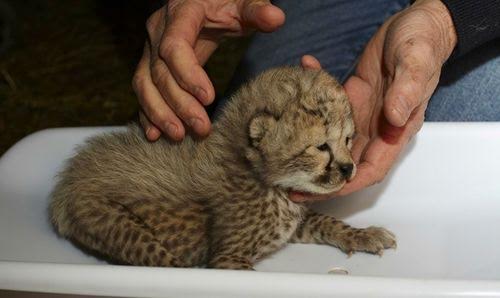



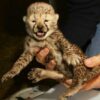
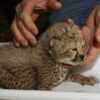
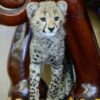
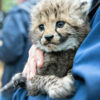
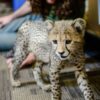
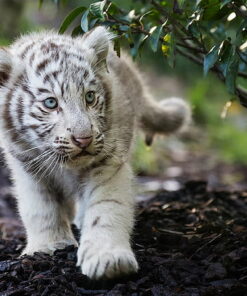

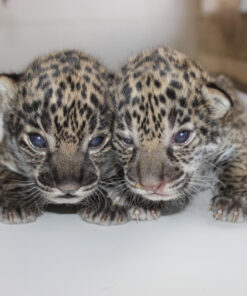

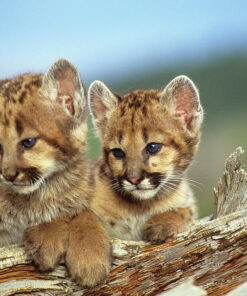
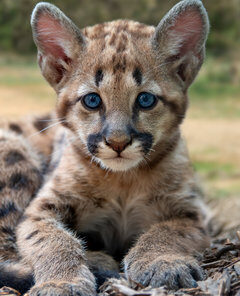
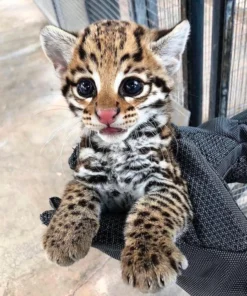
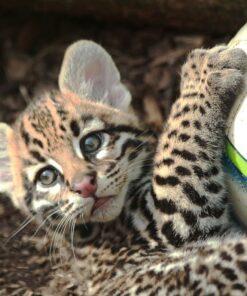

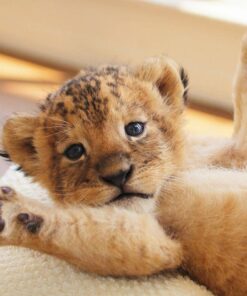
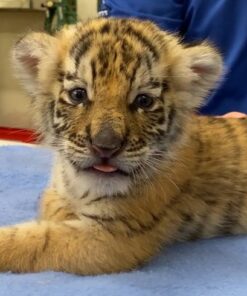
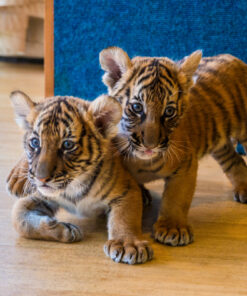



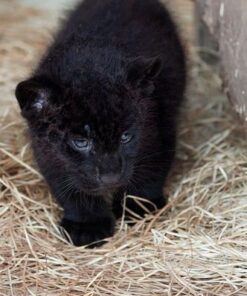
Reviews
There are no reviews yet.